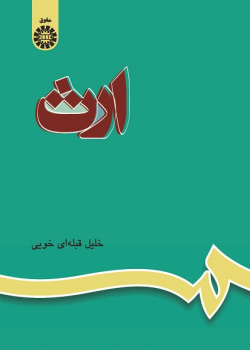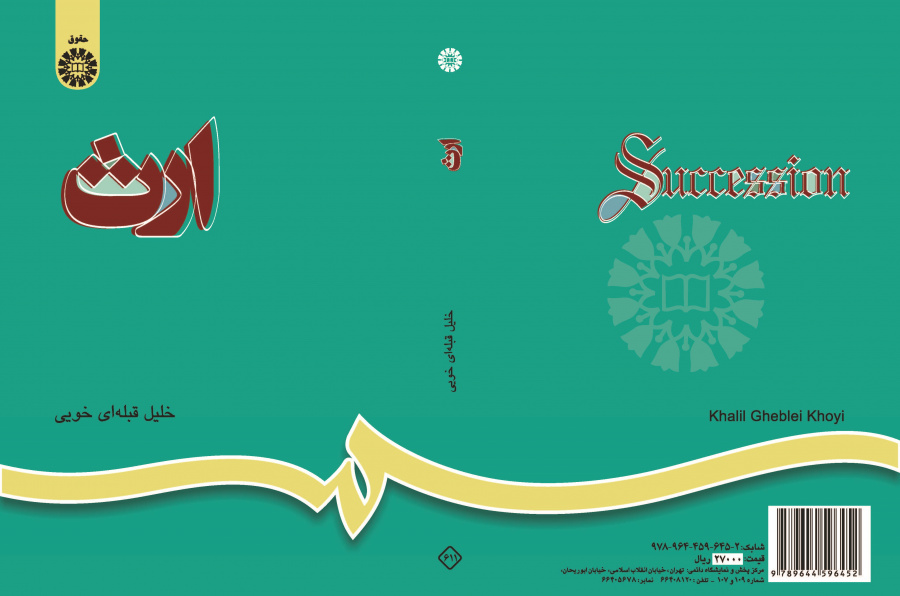

Succession
Inheritance is a high significant issue in Islamic jurisprudence and law, which should be considered as a main subject in the Muslims’ educational system. In law, in its general aspect, the decease of people which means the disconnection between them and their properties, is an undeniable fact. Sometimes, a person happens not to make a will to decide on how to share their wealth or properties. This leads to create something legally called “properties without owner”. In this case, it is the ruling law that determines how to distribute the properties. This is the cause why inheritance law has been established and existed during all times and in all legal systems
and are considered as a possession tool. Since the legal regulations are deeply rooted in traditions, customs and beliefs of every community, it makes these sorts of law to be different in different legal systems, from both viewpoints of inherits and their shares.
Civil Law of Iran is absolutely influenced by the Islamic jurisprudence (the Shia school) in general. All these regulations are presented in form of legal articles and in accordance with the well-known opinions of Shiite jurisprudents.
The present book is provided in three sections and 11 chapters. The main three sections are consisted of the inheritance general principles, implementation of these principles in the three classes of inheritance, and the inheritance of married couples.
In an introductory section, issues like the inheritance concept, inheritance science, inheritance technical terms, history of inheritance and how it was put into practice in ancient societies, inheritance during the ‘ignorance era’ (refers to the Arab community living in Hejaz, contemporary Saudi Arabia, before Islam) and the revolution Islam made in it and the philosophy of distinction between man and woman in inheritance are discussed. In six chapters, the book explains some issues about the main principles, circumstances, conditions and problems of inheritance; the type of inheritance; the inheritance shares of each genealogical in-law relatives’ inherits and the different types; the inherits, wills and debts of the deceased; and the principles used in inheritance law.
In this book, effort has been made to set forth and analyze all issues of inheritance in a way that whoever reads the book is able to simply solve any related problem through learning some general principles and having some cues at hand.





